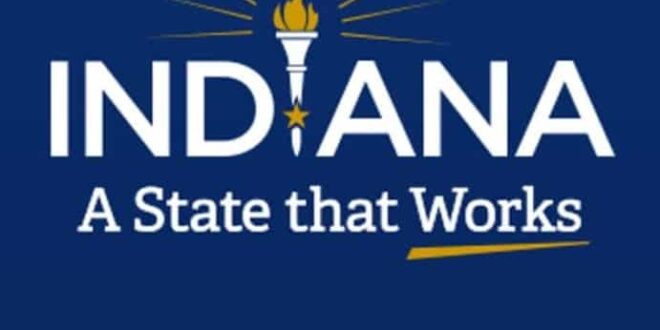rewrite the main part of
Indiana-based Lumina Foundation has set a goal of 75% of U.S. working-age adults having college degrees or valuable credentials by 2040.
The initiative addresses increasing demands for a skilled workforce amid economic changes.
Jamie Merisotis, president and CEO of Lumina Foundation, said it aims to enhance affordability, accessibility, flexibility, and alignment with labor market needs in higher education.
“We’re facing a fresh set of challenges: rising costs, doubts about job opportunities, and things like the influence of artificial intelligence have caused people to question whether a college degree is really worth it,” Merisotis outlined.
The strategy includes reimagining educational and workforce structures to better serve today’s students. Lumina will focus on four key areas: ensuring credentials provide real economic benefits, expanding access to quality education, supporting student completion rates, and redesigning education systems for current demands.
Since setting a national attainment goal in 2008, the percentage of U.S. adults with post-high school credentials has grown from 38% to 55%, reflecting significant advancements in educational attainment.
Courtney Brown, vice president of impact and planning for Lumina Foundation, said over the next five years, the foundation will lead investments and improve data collection to monitor progress.
“In the current goal, it’s everybody who’s 25-64 as our denominator,” Brown explained. “Now, we’re looking for people just in the labor force, and the labor force includes everyone who is employed, everyone who is unemployed but looking for work and anyone in the armed services.”
Lumina aims to meet its 2040 goal through collaborations with educational, governmental and business sectors. This approach underscores the foundation’s commitment to enhancing educational outcomes and economic prosperity through higher education.
between 300 to 1000 words in html format and use paragraphs and subheadings with h3 tags.
 Mind Uncharted Explore. Discover. Learn.
Mind Uncharted Explore. Discover. Learn.



